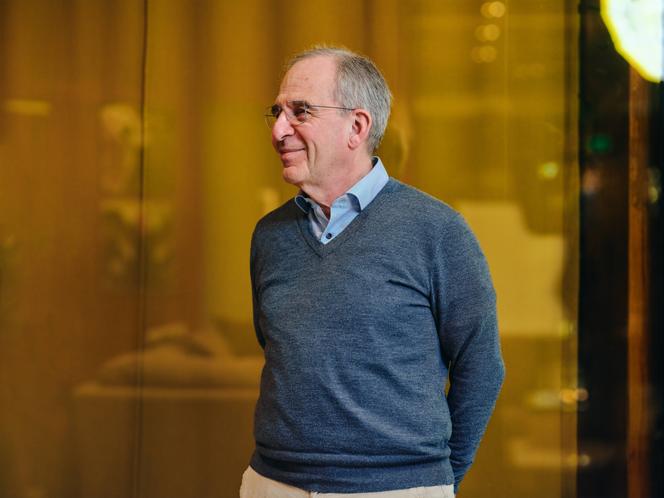
“I’ve veered into a parallel universe,” observed physicist Michel Devoret, age 72, still in shock a few days after receiving the Nobel Prize on October 7, together with Britain’s John Clarke and America’s John Martinis. He almost felt as if he existed in two states at once, just like the quantum objects he studies. He was, of course, happy, but also nervous and annoyed at being seen as egocentric, when he was constantly praising his “excellent” colleagues, co-laureates and members of the various teams he had worked with.
The metaphor was hardly trivial, since the trio of researchers was honored for demonstrating that quantum mechanics, the preserve of the infinitely small, can produce surprising macroscopic effects – such as the tunnel effect, which the Swedish Academy, in its prize presentation, compared to a ball passing through a wall. “I prefer the image of a particle locked in a prison that escapes through a tunnel,” corrected Devoret, illustrating, from California via videoconference, his gift for metaphors.
“He has a vast knowledge of film, theater and comics, which feeds his ability to create images that are a little wild, but accurate,” said Zaki Leghtas, a professor at rance’s École des Mines, who worked for several years with the laureate. During the Covid-19 pandemic, Devoret even launched a course with a colleague at Yale University in Connecticut on cinema and physics. In it, he showed how Rear Window (1954), by Alfred Hitchcock, illustrates the role of the observer in quantum physics – a fundamental issue still being debated. Daring, but the result of a long embrace with science.
You have 84.41% of this article left to read. The rest is for subscribers only.



